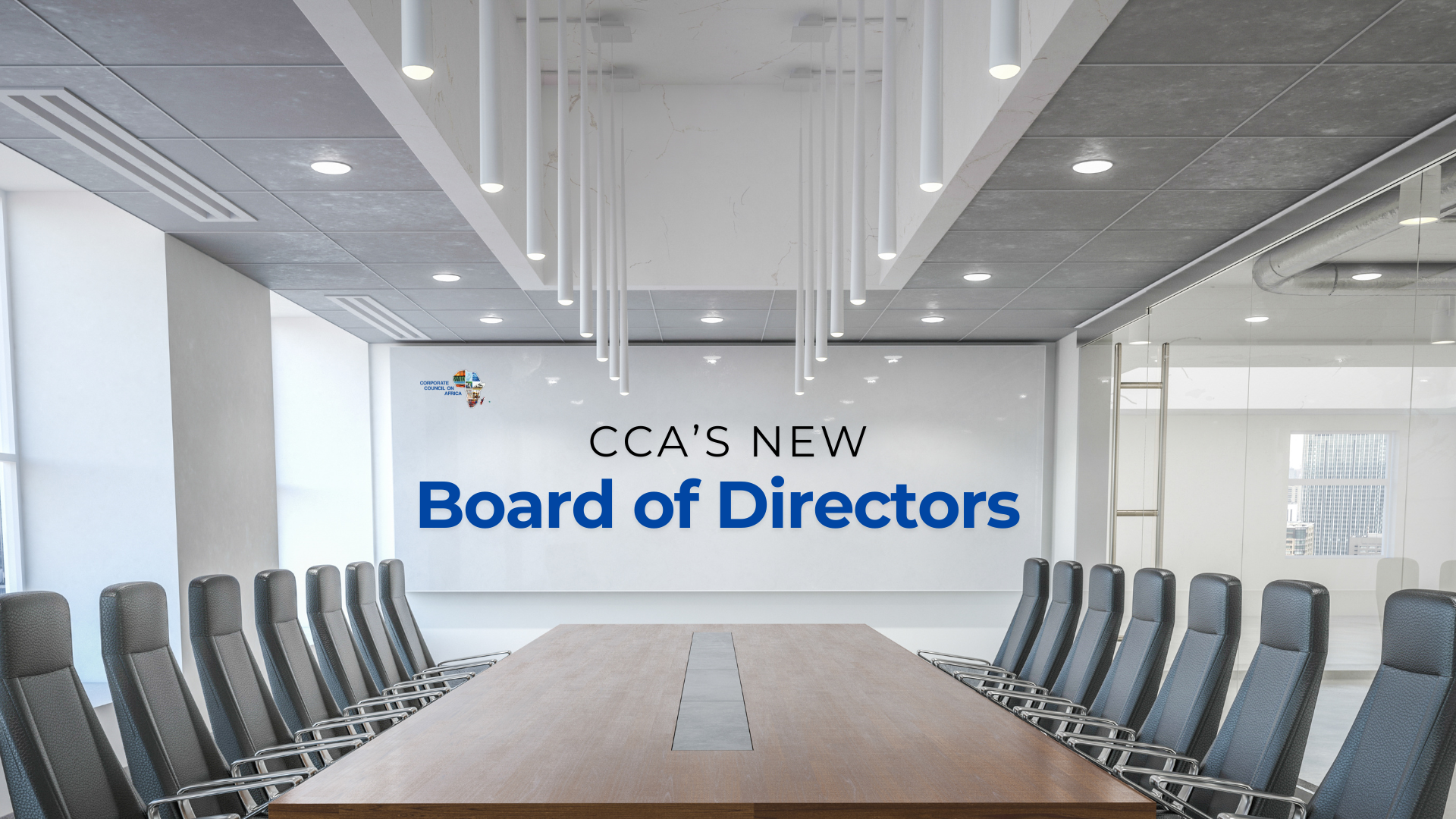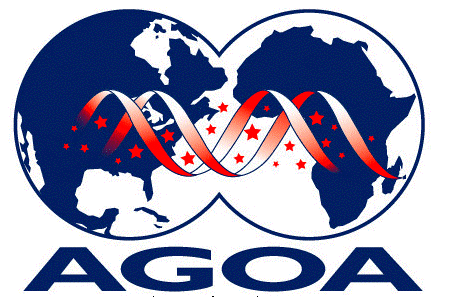U.S. LPG Supply Chain for Clean Cooking hosted by the Clean Cooking Alliance, U.S. Department of Energy (DOE), and Corporate Council on Africa

The U.S. LPG Supply Chain for Clean Cooking session held on September 22, 2025 during the United Nations General Assembly, highlighted the U.S. government’s leadership in advancing access to clean cooking solutions through a stronger and more resilient LPG supply chain. U.S. Secretary of Energy Chris Wright delivered keynote remarks, underscoring the Department of Energy’s commitment to supporting energy access initiatives that improve health outcomes, reduceemissions, and create pathways for just energy transitions. His remarks emphasized that while LPG is not a permanent solution, it serves as anessential bridge fuel that can immediately reduce reliance on harmful biomass, particularly across Sub-Saharan Africa.
The panel brought together a distinguished lineup of ministers and senior officials from across Africa, including Hon. Basílio Muhate, Minister of Mineral Resources and Energy of the Republic of Mozambique; Hon. Kaba Nialé, Minister of Economy, Planning and Development of the Republic of Côte d’Ivoire; and Hon. John Abdulai Jinapor, Minister of Energy of the Republic of Ghana. Each minister outlined their country’s strategies to strengthen national LPG frameworks, improve infrastructure, and enhance energy access through policy reforms and private sector engagement. Their remarks underscored the importance of reliable supply chains, investment in storage and distribution facilities, and regional cooperation to ensure affordability and sustainability.
The discussion featured contributions from both public and private sector stakeholders, reflecting a cross-cutting approach to clean cooking. Public sector representatives emphasized the need for coherent policy frameworks, international partnerships, and U.S. leadership in ensuring accessibility. Meanwhile, private sector leaders highlighted opportunities to innovate within the LPG supply chain—focusing on financing, logistics, and technology-driven solutions that can help scale impact. Participants collectively stressed that financing tools, risk mitigation strategies, and infrastructure investments remain vital to accelerating adoption and achieving universal access. The role of LPG was framed not as a long-term end point, but as a crucial step toward reducing household air pollution, empowering communities, and improving livelihoods.
The event concluded with a shared commitment to deepening partnerships amonggovernments, international organizations, and the private sector. Theconversation reaffirmed that advancing clean cooking requires both immediateaction and long-term innovation with the United States and African partnersworking collaboratively to build a more, sustainable energy future.

.png)

